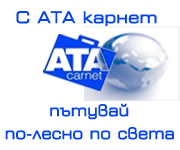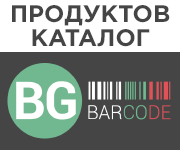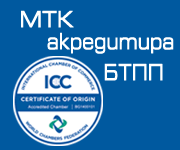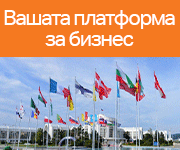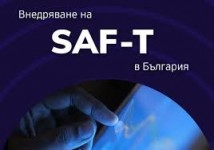Survey on the Demand for Skilled Professionals holding Secondary and Higher Education in Bulgaria
Recommendations of the business: Improving the quality of education, enhancing acquired competencies and skills to align with economic and societal interests, labor market demands, and the dynamically evolving industrial sector in the context of the green and digital transition.
The Bulgarian Chamber of Commerce and Industry (BCCI) conducted its annual survey among its members to assess the need for professionals with secondary and higher education, as well as to identify skill gaps among graduates. A key aspect of the survey was the evaluation of the demand for qualified personnel with higher education in specific fields and specializations. The survey, conducted in early February, gathered responses from companies across various sectors of the Bulgarian economy.
The most significant shortage of professionals and the highest demand for increased student enrollment in state universities were recorded in technical sciences and related specializations. A total of 79% of the companies surveyed expressed interest in this area, followed by demand for graduates in natural sciences, mathematics and informatics, social, economic, and legal sciences, etc.
Approximately 60% of the respondents indicated the need for specialists with secondary education, including technical personnel, electricians, welders, machine operators, mechanics and technicians, turners, sales personnel, waiters, tailors, water supply and sewerage (WSS) specialists, and others.
The survey results once again highlight the persistent lack of professional and practical skills among graduates, as well as insufficient communication skills. Over the past year, the business has also expressed dissatisfaction with the level of basic economic knowledge and entrepreneurial skills acquired by the graduates. These findings underscore the need for improvements in educational programs and the preparation of students for a successful career start, as well as for strengthening the link between businesses and education through various initiatives such as dual education programs, internships, and other collaborative efforts.
Още новини:
-
07-02-2025

 1 USD =
1 USD =  1 GBP =
1 GBP =  1 CHF =
1 CHF =  ISO 9001:2015
ISO 9001:2015






















